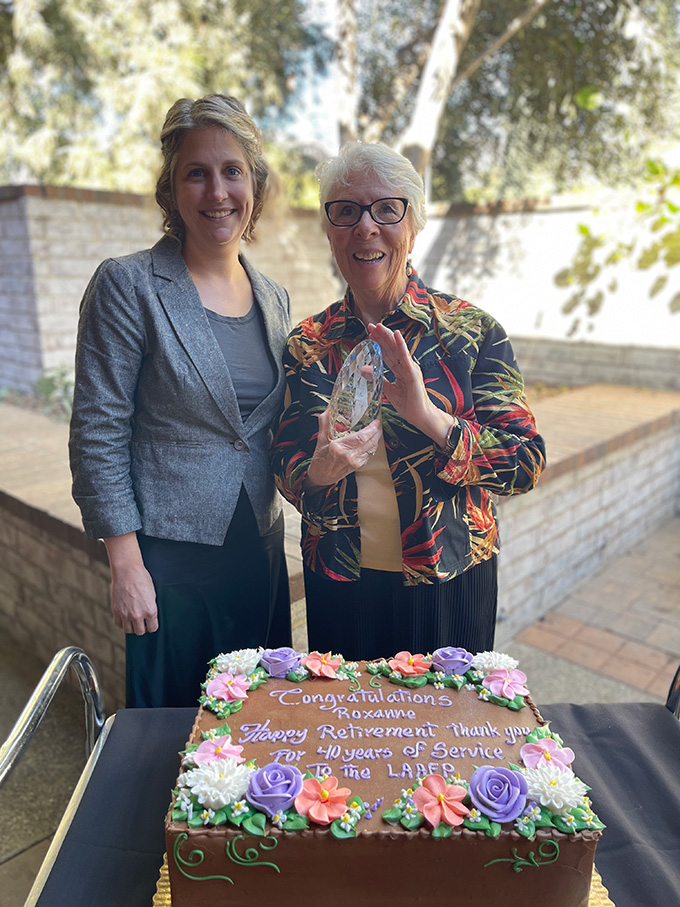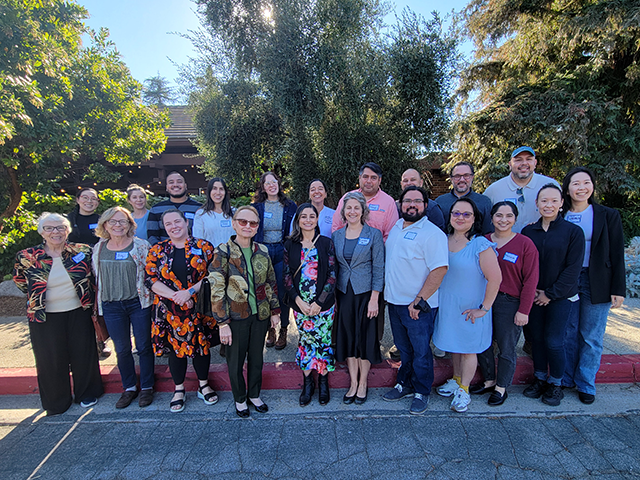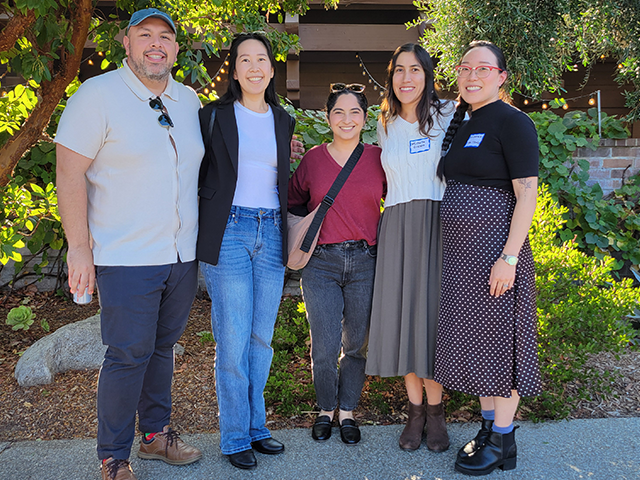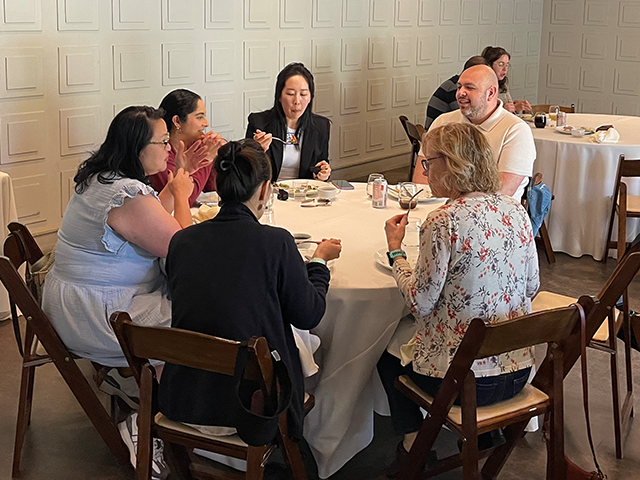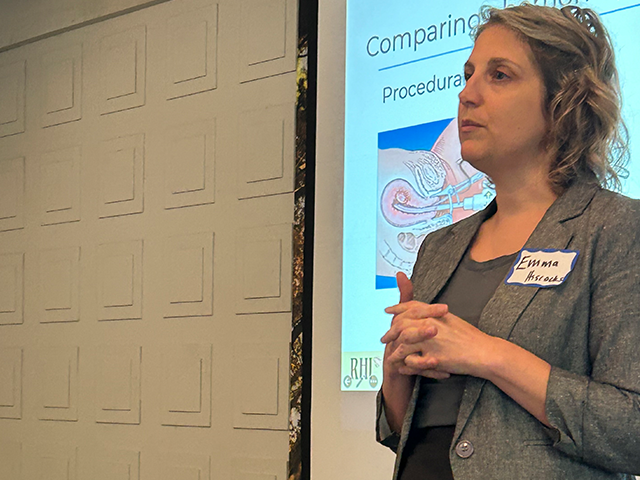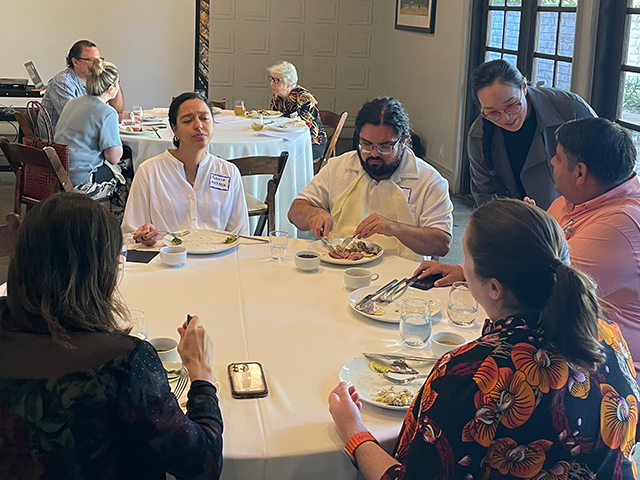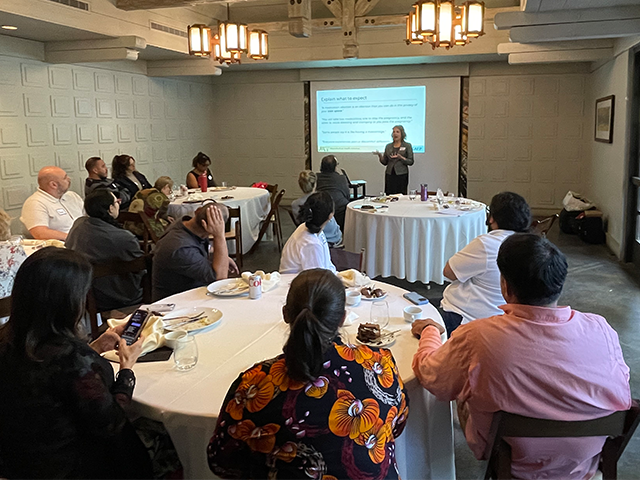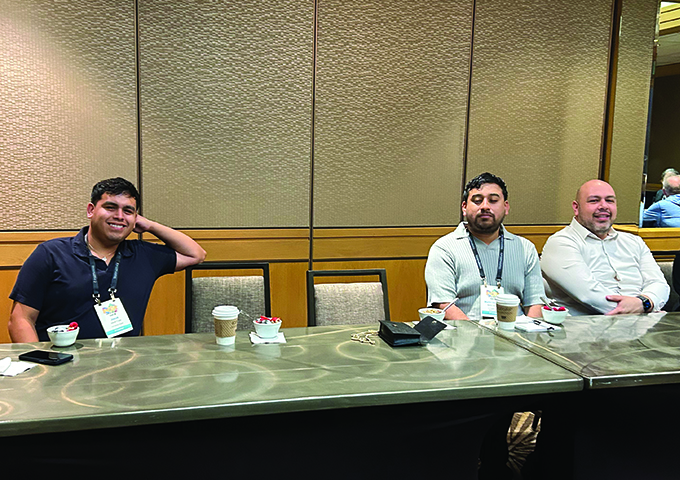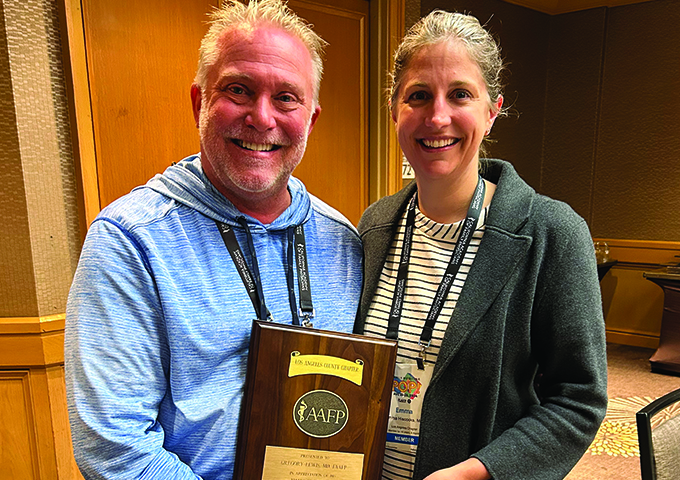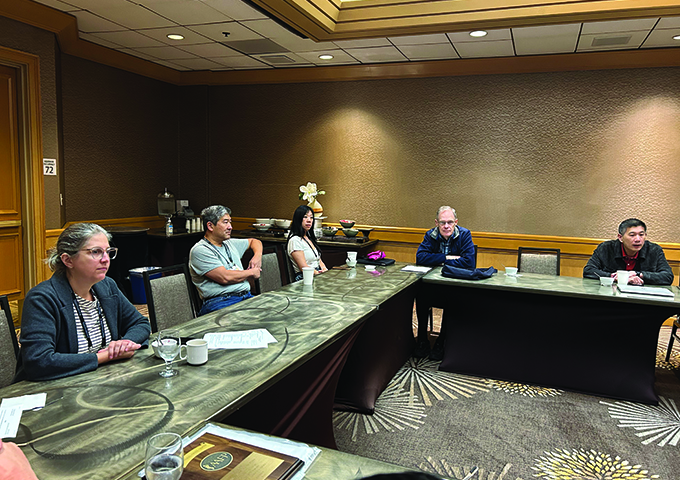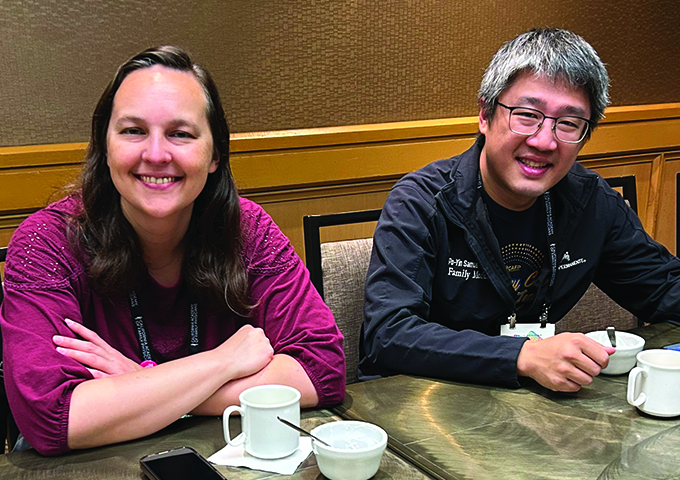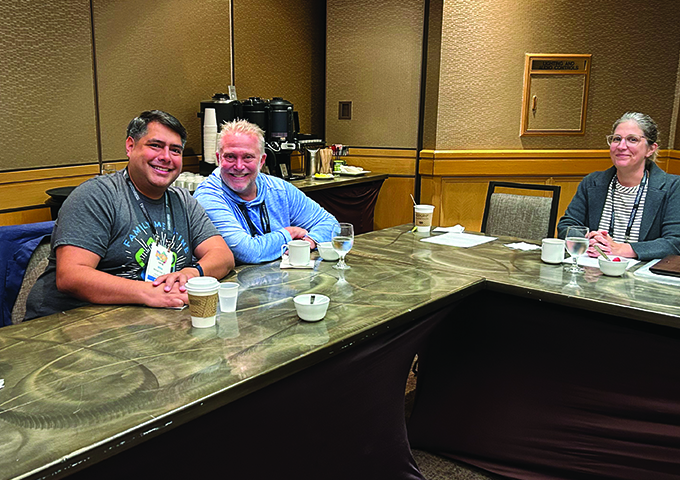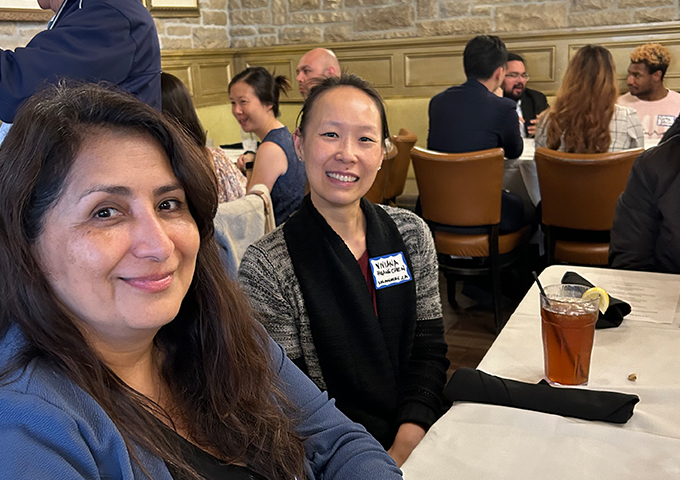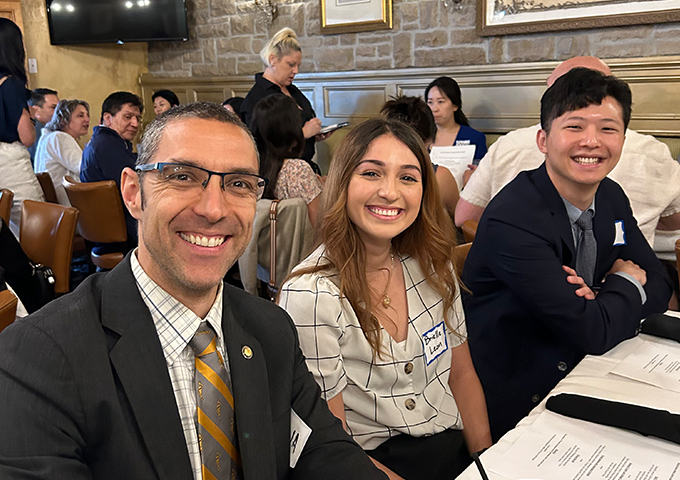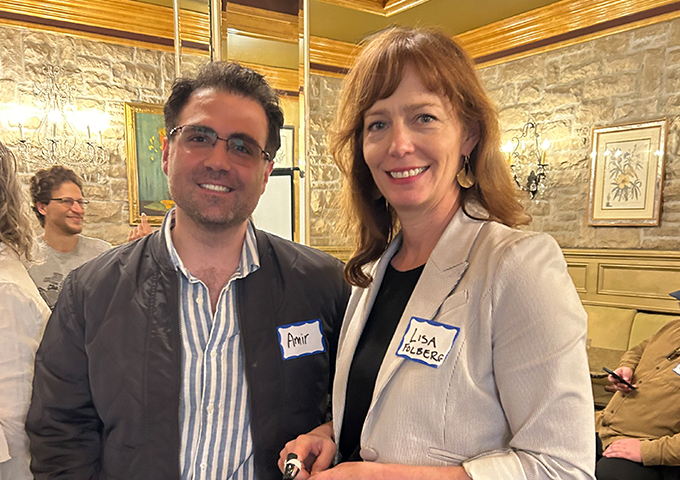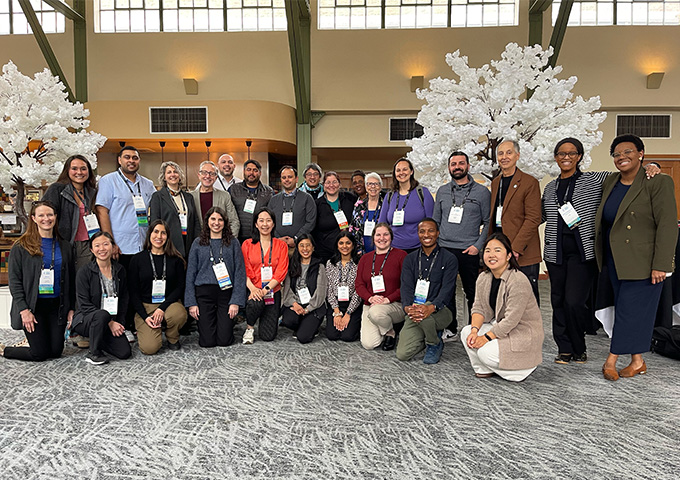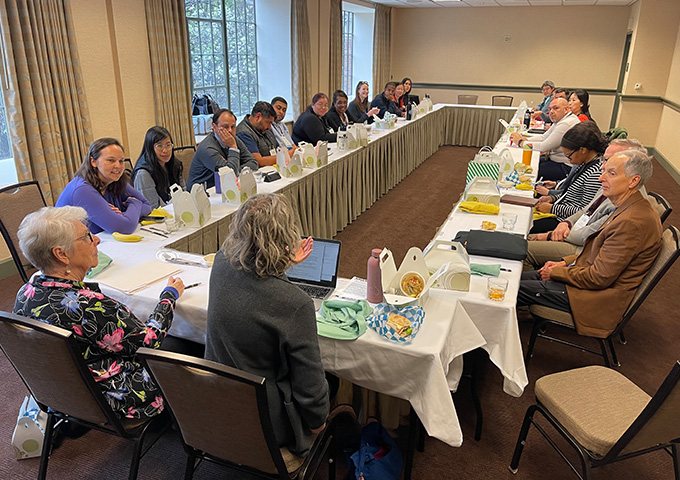A grave new reality
Across the nation, reproductive rights are under attack. It is an eerie half-century flashback to a time before the landmark Supreme Court case Roe v. Wade protected the legal right to an abortion. According to the Center for Reproductive Rights, in the four months thus far of 2022, 13 states have introduced copycat laws of the Texas vigilante scheme that ends abortion access after six weeks of pregnancy. Such laws have no medical justification nor public health benefit.
Given this onslaught against reproductive rights, California family physicians must get ready to provide comprehensive family planning care in a potential post-Roe world.
Abortion is health care. Even if we do not personally support abortion, our profession ethically obligates us to our patients. We must provide those we care for with accurate and complete medical information around pregnancy options and appropriate referrals to evidence-based services.
We must also fight the spread of misinformation around reproductive care. Over a dozen fake pregnancy clinics are currently operating in Los Angeles County. Many such clinics spread misinformation or propaganda about pregnancy, instead of offering actual medical care. While these are vastly overshadowed by real, certified clinics, their presence should serve as a reminder of the anti-science forces around us. These vehicles of reproductive falsehoods threaten the practice of evidence-based medicine.
A family physician is a trusted point of contact who can help a patient navigate resources and decisions pertaining to their pregnancy. Yet, laws passed nationwide are actively interfering with the sanctity of the physician-patient relationship and threatening to criminalize our colleagues for providing important medical care. Restrictive laws around abortion disproportionately harm patients of color and worsen existing health disparities, including those around maternal and infant mortality.
Fortunately, our own Academy is responding to these attacks on reproductive access. The “Group of Six,” a coalition of frontline physician groups including the AAFP, has put out several powerful joint statements speaking out against various state laws threatening access to reproductive health care and their deleterious effect on the physician-patient relationship. This coalition also includes ACOG, AAP, ACP, AOA and APA and represents nearly 600,000 physicians and medical students providing full-range care. With this collective voice supporting us, we can feel confident that the reproductive health care we provide to our patients is best practice.
In the coming months, we may well see a higher demand for abortion services in California as such vital healthcare becomes inaccessible in many parts of the country. California has positioned itself as a reproductive freedom state, and Governor Newsom has acknowledged that as reproductive rights disappear in other states, the Golden State’s burden of providing this care will increase.
We have buy-in from our Academy: a 2019 policy called upon the AAFP to support the rights of family physicians providing abortion care in the primary care setting. A number of existing resources are available to family physicians who want to expand the services we provide in our clinics for abortion and miscarriage management. The Reproductive Health Access Project has various toolkits and protocols for integrating abortion into community health centers, telehealth medication abortion provision, and office management of early pregnancy loss. For those looking to get more involved in advocacy, Physicians for Reproductive Health offers a Leadership Training Academy with policy, communications and media training, open to all practicing physicians.
As family physicians in California, we have an ethical and professional necessity to advocate for our patients’ reproductive rights during these challenging times. In the face of misinformation and legal interference in healthcare, we must utilize the support of our state and Academy to protect our patients, while anticipating a grave new reality around reproductive health access.


